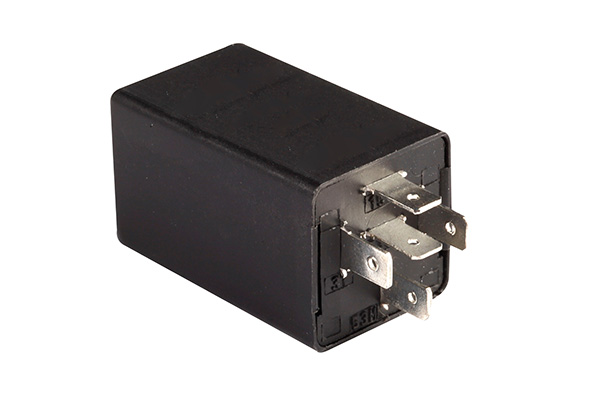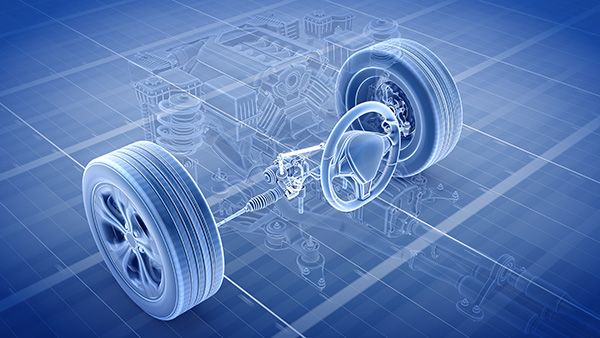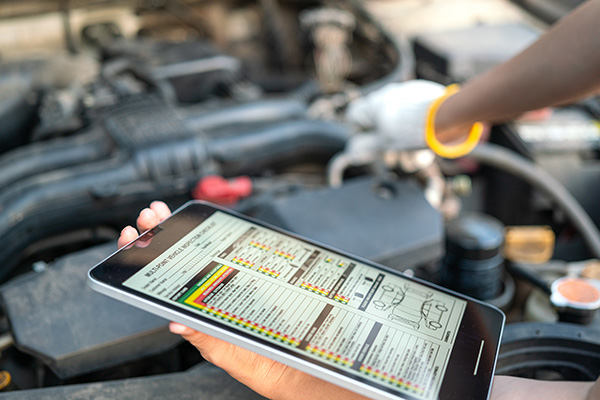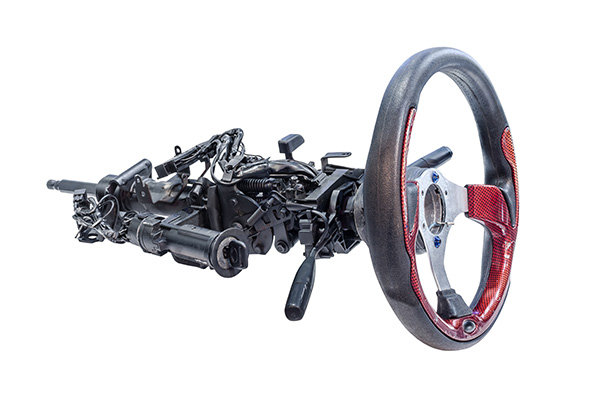Posted on 12/20/2024

When you think about what makes your car run, you probably focus on the engine, transmission, or maybe even the battery. But have you ever wondered how all the electrical components inside your vehicle communicate and function seamlessly? That’s where automotive relays come in. These small devices are crucial in powering everything from your headlights to your air conditioning. If you’re not familiar with how they work or why they’re important, don’t worry—you’re in the right place to learn. What Is a Relay In simple terms, a relay is an electrical switch that allows a low-power circuit to control a high-power circuit. This is particularly useful in vehicles, where a single button or control needs to activate components that require more power than the control system can handle directly. For example, when you flip on your car’s headlights, you’re not directly connecting the switch to the lights. Instead, the switch sen ... read more
Posted on 11/29/2024

Buying a used car can be an exciting yet nerve-wracking experience. With so many factors to consider, it’s easy to focus on price, model, and mileage while overlooking one important aspect—making sure the vehicle is in good condition. This is where a pre-purchase car inspection comes in. It’s not just about spotting immediate issues. It’s about the financial benefits that could save you significant money in the long run. Let’s explore why investing in a pre-purchase inspection can be one of the smartest financial decisions you make when buying a used car. 1. Avoid Expensive Repairs After Purchase One of the biggest fears when buying a used car is discovering hidden problems after you’ve already signed the paperwork. What if that funny noise turns out to be a major engine issue? Or what if the air conditioning fails right after you drive off the lot? These unexpected repairs can quickly add up and drain your savings. A pre-purchase ... read more
Posted on 10/31/2024

Hearing a strange noise coming from your car can be unsettling, especially when it only happens when you're turning. One of the most common sounds drivers notice is a clicking noise, which can be a clear sign that something isn’t quite right with your vehicle. Ignoring this noise could lead to more serious (and costly) repairs down the road, so it’s best to get to the bottom of it as soon as possible. But why does your car make a clicking noise while turning? Let’s explore some of the potential causes. 1. Worn CV Joints The most common reason for a clicking sound when turning is worn CV (constant velocity) joints. CV joints are a crucial part of your car’s drive axle, transferring power from the transmission to the wheels. These joints allow for flexibility, enabling the wheels to rotate while the suspension moves up and down. Over time, CV joints can wear out, or the protective boot surrounding them can tear, leading to a loss of lubricat ... read more
Posted on 9/27/2024

Planning a road trip is always exciting—whether it's a cross-country adventure or just a weekend getaway. But before you hit the road, there’s one crucial step you should never skip: the pre-trip safety inspection. Sure, it might not be the most thrilling part of your travel plans, but it’s certainly one of the most important. Why? A thorough check of your vehicle ensures that everything is in working order, giving you peace of mind and reducing the risk of breakdowns or accidents. Let's dig deeper into why taking a few minutes to inspect your car before a trip can save you from potential headaches (and hefty repair bills) down the line. Prevent Unexpected Breakdowns There’s nothing worse than being stranded on the side of the road, especially when you’re miles away from home or the nearest service station. A pre-trip safety inspection helps catch any minor issues that could escalate into serious problems once you're on the m ... read more
Posted on 8/30/2024

Have you ever jumped into a brand-new car, expecting a smooth and agile driving experience, only to find the steering feels... disconnected? This lack of responsiveness is a common gripe among car enthusiasts and everyday drivers alike. We will explain why modern cars feel less responsive when steering and what factors contribute to this sensation. The Shift to Electric Power Steering One of the primary reasons modern cars feel less responsive is the widespread adoption of electric power steering (EPS) systems. Traditional hydraulic power steering systems provided a direct mechanical connection between the steering wheel and the wheels, giving drivers a more tactile and connected feel. EPS, on the other hand, relies on electric motors and sensors to assist with steering, which can sometimes result in a more detached experience. The shift to EPS is driven by several benefits, includin ... read more